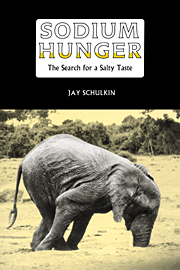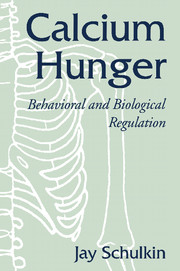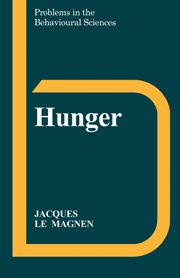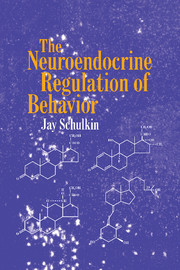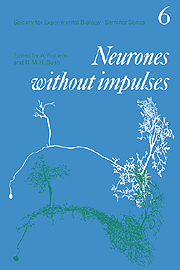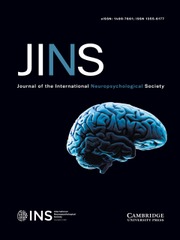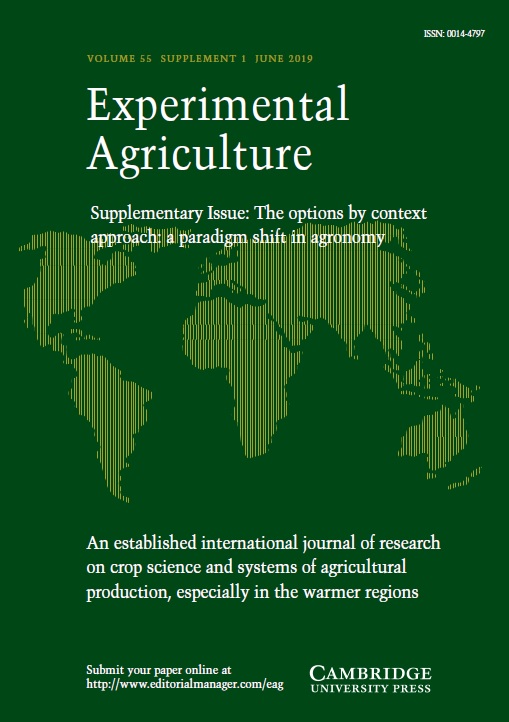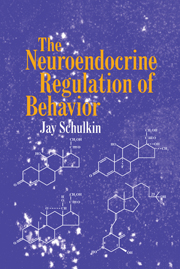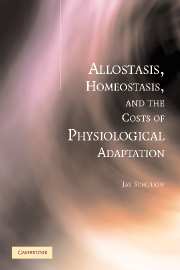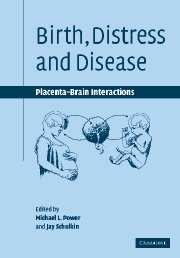Sodium Hunger
The phenomenon of sodium hunger was discovered by Curt Richter, the great American psychobiologist, over fifty years ago, and has since been the source of intense study by naturalists, psychologists, endocrinologists, physiologists, and neuroscientists. In this account, Professor Schulkin uses hunger for sodium as a model system in which to study how the brain produces motivated behavior. He offers a systematic account of the behavior of the sodium hungry animal and explores the endocrinological and physiological mechanisms that maintain sodium balance and then act on the brain to promote the search for and the ingestion of salt. Finally, the book provides a description of a neural network that orchestrates the behavior of salt seeking and salt ingestion.
- Why do females crave salt more than males?
- How does a sodium hungry animal act, and how does it maintain the optimum concentration of salt?
- A systematic account of the hormonal and physiological systems which control sodium balance
Reviews & endorsements
"...a good introduction to the topic and a handy, up-to-date review. It will be useful for students interested in learning about the psychophysiology of motivation and for researchers looking for a highly palatable update on the behavioral search for the taste of salt." M. Ian Phillips, Science
"This well-written, concise book is an excellent treatise on the behavioral regulation of body sodium homeostasis....will be welcome reading for very specialized groups. Students and research workers in physiologic psychology and the behavioral neurosciences and classic, organ-oriented physiologists will find it a real treat." Nicolaos E. Madias, New England Journal of Medicine
"Schulkin's monograph is a superb introduction to this important and fascinating topic. It is suitable for upper level undergraduates, graduate students, and as a reference for researchers in fields as diverse as anthropology, biology, neuroscience, nutrition, psychology, and physiology." Neil E. Rowland, American Journal of Human Biology
"...is therefore timely, available for the enthusiast needing a current state of the art review of the field. The book is a welcome synopsis of the current and rapidly changing state of the field." Appetite
"...each chapter is packed with descriptions of experimental methods and outcomes that are well done. The clarity and comprehensiveness is clearly the strength of the book. Moreover, Schulkin covers a wide array of topics related to sodium appetite...informative, easy to read, and at times provocative...should be an important sourcebook for novices, especially graduate students, to quickly obtain an accurate background on sodium hunger, as well as for established researchers and instructors..." The Quarterly Review of Biology
Product details
August 2005Paperback
9780521018425
208 pages
234 × 155 × 11 mm
0.298kg
89 b/w illus.
Available
Table of Contents
- Introduction
- Salt seeking behaviour
- Hormonal regulation of salt intake
- Gustatory contribution to salt intake
- Physiological factors in the control of salt intake
- Neural circuits underlying salt intake
- Conclusion
- Appendix
- References
- Index.

